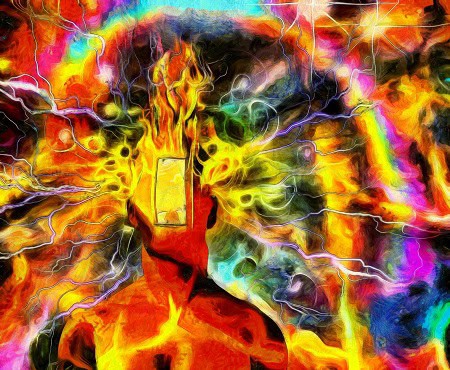Ibogaine Treatment for Addiction: What To Expect
by Thaddeus Camlin, Psy.D.

Ibogaine Treatment: What to Expect
Your ibogaine experience may begin with a buzzing. The sound of a swarm of bees over your head or a motorcycle outside might clue you in to the journey that awaits. You might feel dizzy, nauseous, uncoordinated, and you might throw up. You will spend most of the experience lying down with your eyes closed. If you’ve experimented with LSD or psilocybin before and enjoyed active engagement with nature or music, ibogaine will not permit such external pursuits. With your eyes closed, you will enter into dream-like scenes crafted from the depths of your psyche. Visions may include elements of your past, and you may be shown the fears you must face in order grow. To get the most out of ibogaine, you must face yourself fully, honestly, like you never have before.
The content of your visions may be organized within cyclical imagery – a movie reel or a wheel of sorts may spin, drawing you into various visionary quests. The visions will be scary and beautiful. Dark, terrifying reminders of past trauma may emerge, you will have no choice but to face them, and you will feel stronger and more confident because you did. The scary content, once faced, will likely give way to peaceful and transcendent imagery. In the end, you will barely be able to articulate what you experienced.
You will feel a renewed sense of self-acceptance, you’ll feel more confident, and you’ll be kinder to yourself. You will likely have a more spiritual outlook on life after living your relatedness to all that is. You will probably have a convicted belief that ibogaine would be helpful to many other people. If seeking ibogaine treatment for opiate addiction, you will likely feel fast-acting, lasting relief from withdrawal. Your withdrawal may never come and it could feel ‘too good to be true.’ After the experience, you may go weeks or months without a craving.
All in all, your ibogaine experience will last about for about three days, with a peak experience of about 12 hours. You will be physically drained after the peak experience and will probably rest for about two days afterwards, however, your mind may make it challenging to actually sleep. Because the experience will be difficult to recall and articulate, you may increase the integration of the experience by journaling or recording yourself describing your visions, the content of which can be used afterwards to stimulate recall and further analysis. When all is said and done, you will not have enjoyed the experience, but you’ll view it as positive.
Because the market for ibogaine treatment is highly unregulated, it is important to know the risks associated and to choose your treatment provider wisely. Meeting somebody in a hotel room that you found on craigslist probably is not the best way to go about receiving ibogaine treatment. This article is not a recommendation for ibogaine treatment, it is a summary of a published research paper. If you have questions about ibogaine treatment specifically, or psychedelic treatment in general, please call us at 800-977-6110 and we can discuss our knowledge of treatments and reputable providers.
